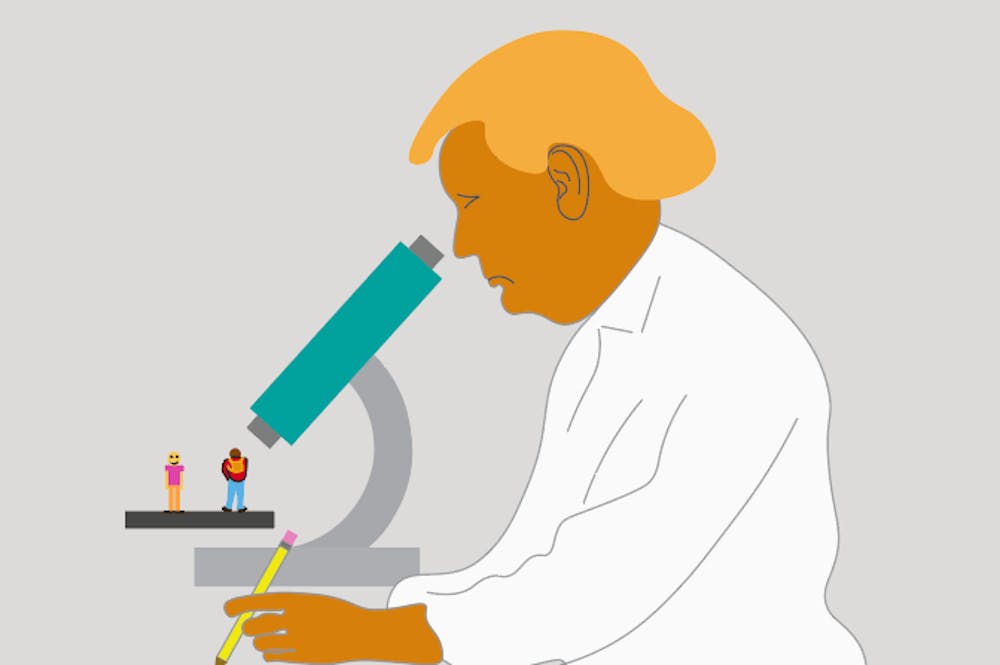Politicians are not often identified as role models, but there are many lessons that students can glean from their conduct. Their successes, shortcomings and scandals provide a wealth of lessons that can be applied to the classroom as well as everyday life.
One of the biggest lessons that can be taken from politicians is in effective communication. Regular appearances on TV are critical to the maintenance of a politician's image, and that concept can lead to a valuable lesson: take advantage of every opportunity to further your own brand, but be careful in doing so.
Overexposure has been the downfall of many politicians in the past.
Effective communication is something that just about everyone, especially students entering the work force, can improve on, and politicians can provide examples to follow if you study them enough.
"If we look closely, politicians can teach us how to answer questions effectively and pay close attention to context and audience," Brooks Simpson, an American history professor at ASU, said. "We should be asking ourselves, 'what do we want to get out of this conversation?' in order to get the best possible results. This can be the thought process of politicians in a variety of scenarios that we don't often see."
Of course, politicians are seldom paragons of virtue, so students and constituents must be able to identify where the lesson is in a politician's conduct. Often times, it is easier to learn from their shortcomings than anything else.
The recent failing of President Trump's healthcare bill was the latest exhibition of a government that does not appear interested in cooperation.
Many students can relate to the blame that gets passed around after a group project takes a turn for the worse. In these situations, students would be wise to observe politicians' behaviors as counterexamples to how they should conduct themselves.
Politicians can also reinforce the idea that small and seemingly insignificant comments can lead to drastic consequences.
"When Marco Rubio lost one of the Republican primaries but was still comparing favorably to Trump, he started talking about the size of Trump's hands," Simpson said. "It may have been funny at the time, but it came off as tone deaf on TV and did a lot of damage to his campaign."
Students and constituents alike would be wise to observe shortcomings like this and apply the lesson of careful public speaking to their own lives. Even in organizations like the Undergraduate Student Government (USG) at ASU, students can take pointers in professional conduct that will guide them as they ascend into the workplace.
Observing politicians and their conduct through the media can often be burdensome and even disheartening sometimes, but the resulting lessons can provide valuable returns.
Reach the columnist at jbaker22@asu.edu or follow @jonahpbaker on Twitter.
Editor’s note: The opinions presented in this column are the author’s and do not imply any endorsement from The State Press or its editors.
Want to join the conversation? Send an email to opiniondesk.statepress@gmail.com. Keep letters under 500 words and be sure to include your university affiliation. Anonymity will not be granted.
Like The State Press on Facebook and follow @statepress on Twitter.




